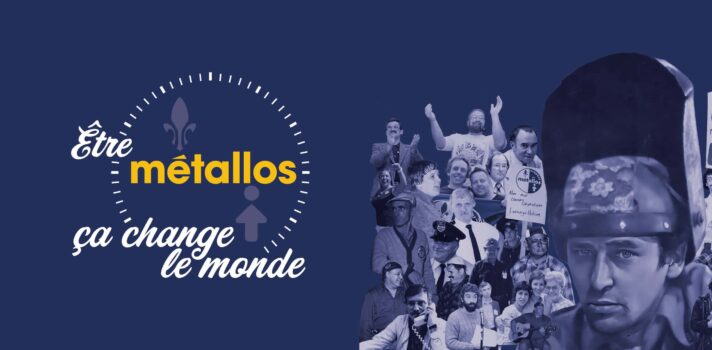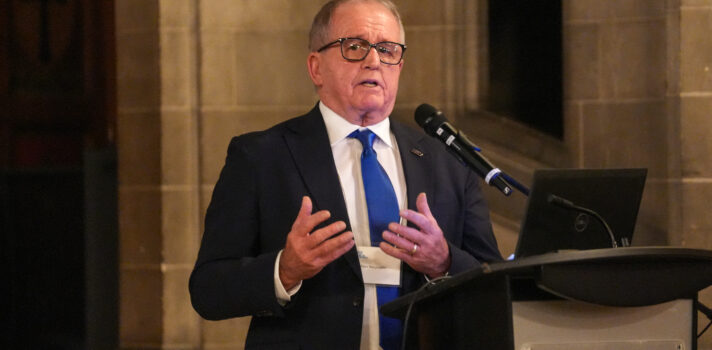A research study at a USW-represented mine in the northern Quebec region of Nunavik revealed that Inuit miners were less likely to file grievances or access union services despite having the benefit of union representation. Inuit workers were also found to be more likely to quit when dealing with work problems, than approach the union for support.
The research project aimed to identify the barriers Nunavik Inuit workers face accessing their union. USW staff representative Matthew O’Reilly conducted the research at Nunavik mine (Canadian Royalties) while pursuing his Master’s Degree in Labour Studies at Hamilton’s McMaster University.
The project, and O’Reilly’s research, were directed by Suzanne Mills and funded by the Social Sciences and Humanities Research Council (SSHRC), specifically the grant Knowledge Network on Mining Encounters and Indigenous Sustainable Livelihoods.
Workers at the Nunavik mine are represented by USW Local 9519.
Based on O’Reilly’s research, a McMaster’s Research Assistant, Justine Becker, developed an information pamphlet for mine workers in three languages – Inuktitut, French and English – to help workers gain comfort and familiarity with the union and the assistance it could provide.
The pamphlet, “What does it mean to be in a union?” explains what the union is; its structure; the difference between the union and the Impact Benefit Agreement (an agreement between the employer and Inuit stakeholders to prioritize and protect Inuit rights in mining); and how union stewards can help workers with health and safety, discipline, pay issues and discrimination or harassment situations.
As part of the project, O’Reilly spoke to union staff, company staff and looked through historical grievances.
Language was one of the main barriers to union access. While French is the dominant language in the workplace, for Inuit workers, it is the third language, after Inuktitut and English.
The pamphlet was created in consultation with Inuit workers, Inuit organizations and the USW, and was translated into the Nunavik dialect of Inuktitut by a local translator.
Other barriers all workers face at the Raglan and Nunavik mines is the fly-in, fly-out nature of the work, and the lack of internet and cellular phone coverage at the mines.
To overcome the lack of digital access, the union information pamphlets were printed and distributed directly to the workers by USW District 5 staff representatives.
The goal is to help Inuit workers better understand their rights and pave the way to accessing union protections.
As the pamphlet mentions, “if you face an issue at work, you have the right to have someone from your union with you. If you try to resolve the issue with HR or your supervisor and it doesn’t get resolved, talk to your union steward. Your union will represent you and advocate for your rights.”
The USW is proud to be a project partner, along with McMaster University, the MinErAL knowledge network and Makivik Corporation, the organization representing Quebec’s Inuit in the Nunavik region of northern Quebec.
ᖃᓄᖅ ᑐᑭᖃᕐᐸ ᑲᑐᑦᔨᖃᑎᒌᓐᓂᒦᒋᐊᖅ? – pamphlet in Inuktitut
What does it mean to be in a union? – pamphlet in English
Qu’est-ce que cela signifie de faire partie d’un syndicat? – pamphlet in French
Share on Facebook




